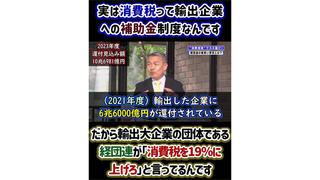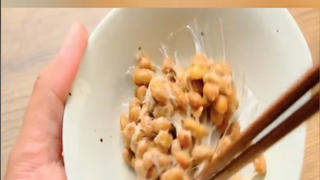
Do growers get 10 years in prison if they plant their own seeds next year? No, that's not true: Only if they "self-propagate" the seeds and seedlings from the harvest and use them for the next planting without the developer's permission.
The original footage was posted on TikTok (archived here) on November 26, 2022. It opened:
10 years in prison if you sow your own seeds next year
This is what the post looked like on TikTok at the time of writing:
(Source: TikTok screenshot taken on Thu Apr 20 14:40:00 2023 UTC)
This statement is overly exaggerated and misleading. According to NHK, a Japanese public broadcaster:
In order to prevent outflow from the farmer, the developer's permission is also required when performing "self-propagation" to collect seeds and seedlings from the harvest and use them for the next planting.
In other words, general breeds (cultivars whose breeder's rights have expired, breeds that have never been registered, native breeds, etc.) can be freely propagated in-house as before. This law is called Plant Variety Protection and Seed Act. The Seeds and Seedlings Act aims to promote the breeding of varieties by protecting the rights of breeders who have developed varieties registered under this law.
NHK gives a good example:
The grape "Shine Muscat" is a brand that Japan is proud of, developed over 33 years by a national research institute.
However, Chinese and Korean Shine Muscat grown without permission is exported to Thailand and Hong Kong, posing a threat to Japan's Shine Muscat.
You can get "Shine Muscat" seedlings at home centers, but the current Seedlings Act does not regulate the export of seedlings purchased through such regular routes.
If the spilled seeds and seedlings are used to create production areas overseas, and if they are sold at low prices, the products exported from Japan will not sell.
For the crime of infringement, Plant Variety Protection and Seed Act states:
Article 67: Any person who has infringed on a breeder's right or an exclusive exploitation license is subject to imprisonment for not more than ten years or to a fine of not more than 10,000,000 yen, or combination thereof.













